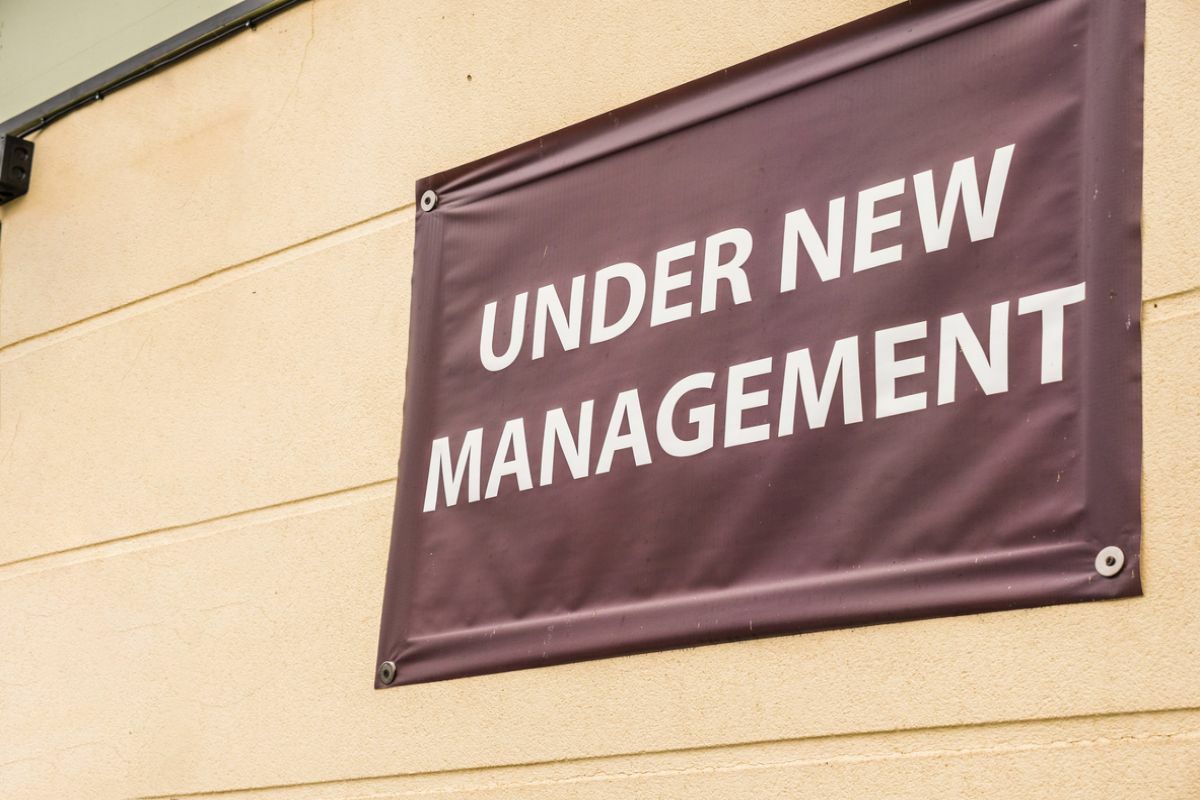Commercial leases are often lengthy, multi-year contracts. As a result, when ownership of commercial real estate changes, questions may arise about the legal validity and enforceability of these leases.
An Arizona real estate lawyer can assist you if you need legal counsel concerning your commercial lease. Our law firm also provides experienced legal representation and advocacy if a real estate dispute occurs, such as when the property owner changes hands, and a commercial lease of the property is in place.
Commercial Leases Remain Valid When Ownership of Real Estate Changes
Arizona law classifies a commercial lease as an encumbrance on the property or the tenant’s legal interest attached to the property. As a result, the new property owner must honor any existing leases when they take ownership of the property. The new owner takes the property subject to the lease and thus assumes all the rights and responsibilities of the original lessor.
Some leases contain a specific provision that requires the tenant to accept any new property owner as the landlord and establish a landlord-tenant relationship between the tenant and the new property owner. However, whether the lease contains this provision or not, the tenant has no choice but to accept the new property owner as their landlord, as the tenant is still bound by the lease, regardless of who owns the property.
Responsibilities of the New Property Owner
Generally, the new property owner should notify the commercial tenant of the change in ownership and the effective date of the change. Changes in ownership may necessitate other changes in commercial leases, such as the tenant’s payment method, contact information for the new landlord, and any change in property management and maintenance staff.
Any security deposit the tenant paid to the original landlord must also be transferred to the new property owner. At the end of the lease term, the property owner is responsible for returning the security deposit to the tenant according to the law, less any legally permissible deductions.
All provisions of original commercial leases remain in effect, including the rental amount, renewal options, restrictions, and duration. If the new property owner wishes to change any of those terms, they can only do so if they execute a new lease or an addendum to the existing lease with the full agreement of the tenant. Otherwise, the new property owner must wait until the existing lease expires. At that point, the property owner likely can make changes to the lease, depending on the terms, conditions, and renewal options in the lease.
As a result, for commercial leases that are soon to expire, tenants may want to determine the new property owner’s intentions for the property. For instance, tenants may want to know whether the owner aims to change any existing lease terms, including raising the rent, so they can decide whether to look for a new commercial space. Likewise, landlords may wish to determine whether the tenant intends to continue renting the commercial space so that they can begin advertising for a new tenant if the current tenant intends to vacate. The expiration of the lease also gives both parties a chance to try and negotiate any desired changes in lease provisions.
Contact Us Today for Help with Your Real Estate Law Issues
The real estate attorneys of Provident Law® have decades of combined legal experience. We aim to build a relationship with you and our clients as we work with you through your most complex legal problems. Call us today at (480) 388-3343 or contact us online to see what we can do for you. We are ready to help!


